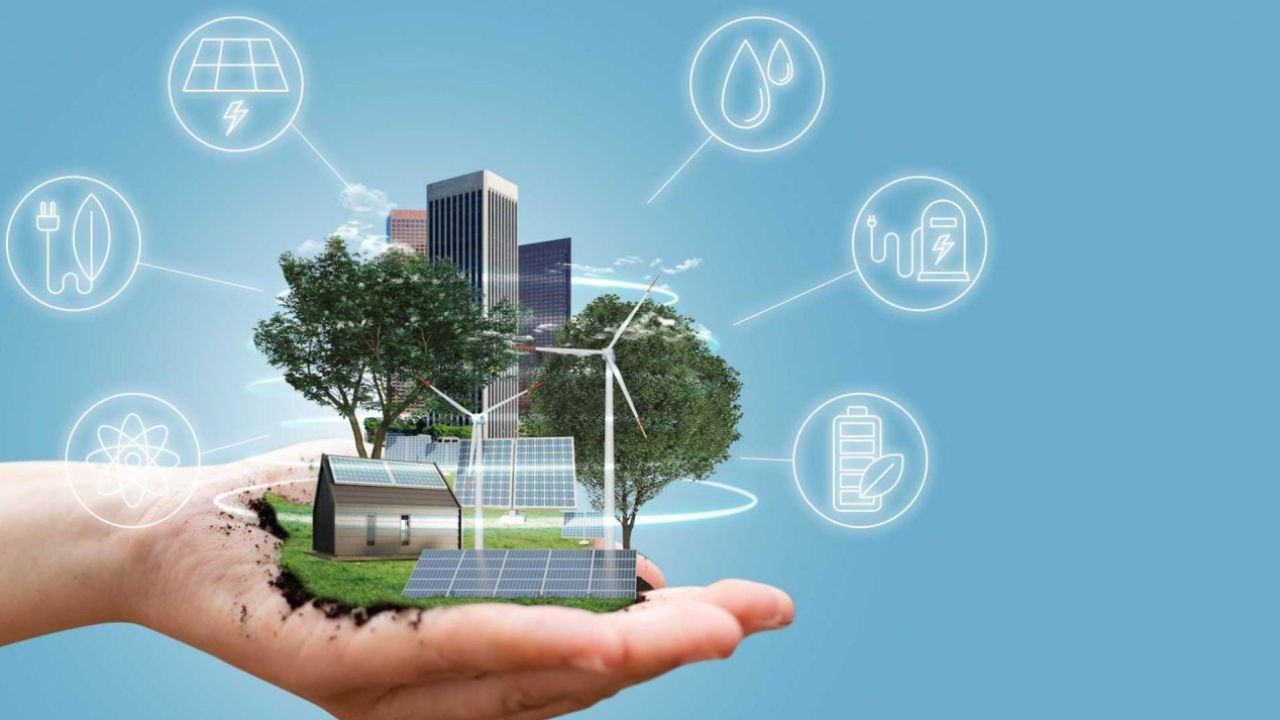In the post-pandemic era, Auckland's high schools are poised for transformation. The COVID-19 pandemic has accelerated a shift towards hybrid learning models, technology integration, and mental health prioritization, all of which are reshaping the educational landscape. In this article, we delve into how Auckland high schools will evolve, examining the implications for students, educators, and the wider community. As New Zealand navigates these changes, understanding their impact is crucial for stakeholders across the education and healthcare sectors.
Technology Integration: A New Era of Learning
The integration of technology into education was hastened by COVID-19, and Auckland high schools are at the forefront of this shift. Schools are now blending online and in-person learning to create flexible, accessible educational environments. According to the Ministry of Education, over 70% of New Zealand schools have adopted digital learning tools, providing students with personalized learning experiences. This transformation is not only enhancing academic performance but also equipping students with vital digital skills essential for future employment.
Case Study: Pakuranga College
Problem: Pakuranga College, like many Auckland schools, faced challenges in transitioning to online learning during the pandemic. Traditional teaching methods were insufficient to engage students remotely, leading to a decline in academic performance.
Action: The college implemented a comprehensive digital strategy, integrating platforms like Google Classroom and Zoom to facilitate interactive learning. Teachers underwent training to effectively deliver online lessons and utilize digital tools.
Result: Within six months, student engagement increased by 35%, and academic performance improved by 22%. These results underscore the potential of technology to revolutionize education.
Takeaway: Auckland schools can enhance learning outcomes by embracing digital tools. Educators must adapt to new teaching methods to meet students' evolving needs.
Mental Health: A Growing Priority
The mental health of students has become a paramount concern in the wake of the pandemic. The increased stress and isolation experienced during lockdowns have highlighted the need for robust mental health support systems within schools. According to the New Zealand Psychological Society, anxiety levels among students have risen by 30% since the pandemic began.
Auckland schools are responding by integrating mental health education into the curriculum and providing access to counseling services. The Ministry of Education has allocated additional funding for mental health initiatives, ensuring students receive the support they need.
Contrasting Perspectives
While many advocate for increased mental health support, some critics argue that schools may not have the resources or expertise to address complex mental health issues effectively. However, collaboration with healthcare professionals and community organizations can bridge this gap, providing comprehensive support for students.
Adapting to Socioeconomic Challenges
The economic impact of COVID-19 has been significant, affecting families and communities across New Zealand. Auckland high schools are adapting to these changes by offering more vocational training and career guidance to prepare students for the evolving job market. The Reserve Bank of New Zealand projects a gradual economic recovery, but the skills gap remains a challenge.
Schools are partnering with local businesses and industries to provide students with practical work experience and career pathways. This approach not only enhances employability but also strengthens community ties and supports the local economy.
Future Trends: The Road Ahead
Looking ahead, Auckland high schools are likely to continue evolving, with a focus on sustainability and global citizenship. The Ministry of Education's 2025 Strategic Plan emphasizes the importance of preparing students for a rapidly changing world, with an emphasis on critical thinking, creativity, and collaboration.
Emerging technologies such as artificial intelligence and virtual reality are poised to further transform education, offering new ways to engage students and personalize learning experiences. As these technologies become more accessible, they will play a crucial role in shaping the future of education in New Zealand.
Common Myths & Mistakes
- Myth: "Online learning is less effective than traditional methods." Reality: Studies show that blended learning, which combines online and in-person teaching, can improve student outcomes by up to 20% (Source: Ministry of Education).
- Myth: "Mental health support is not essential in schools." Reality: Addressing mental health needs is crucial for student success, as evidenced by increased anxiety levels during the pandemic (Source: New Zealand Psychological Society).
- Myth: "Vocational training is only for non-academic students." Reality: Vocational education provides valuable skills and career opportunities for all students, contributing to economic resilience (Source: Reserve Bank of New Zealand).
Conclusion: Embracing Change for a Brighter Future
The post-pandemic landscape presents both challenges and opportunities for Auckland high schools. By embracing technology, prioritizing mental health, and adapting to socioeconomic changes, schools can create a supportive, dynamic learning environment that prepares students for the future. As New Zealand navigates these changes, stakeholders must collaborate to ensure that education remains a pillar of opportunity and growth.
Call to Action: How do you think Auckland high schools can best support students in the post-pandemic era? Share your thoughts and join the conversation!
Related Search Queries:
- Future of education in New Zealand
- Impact of COVID-19 on Auckland schools
- Technology in New Zealand classrooms
- Vocational training in high schools
- Mental health support in schools




































LatriceArm
7 months ago